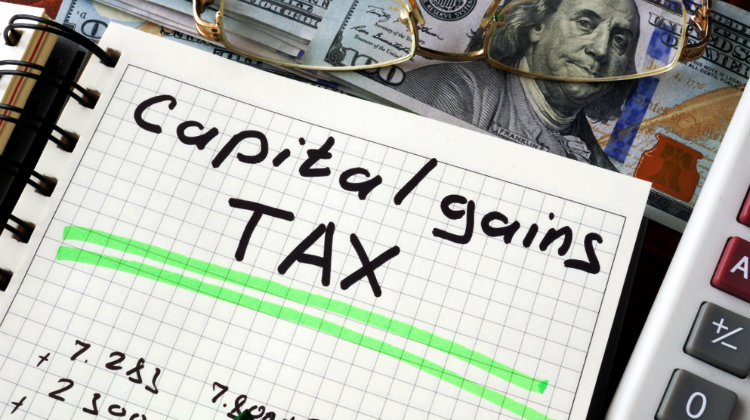
Home Remodeling
Real estate professionals skilled at home renovations make under-market investment purchases in their primary residences while remodelling them. Then, they sell the homes for a profit while avoiding paying taxes on their gains, thanks to the exclusion of primary residences. This absurd paperwork game provides no genuine economic benefit. The neighbourhood, municipality, and economy benefit significantly from the flipped properties. Such development efforts should not be discouraged by the capital gains tax.
1031 trade
You can avoid capital gains and depreciation recapture taxes by investing the profits of your sale into a comparable investment within 180 days after selling your rental or investment property. After the relevant provision of the tax code, this type of transaction is known as a 1031 exchange. No one tries to avoid paying this capital gains tax and succeeds, despite the rules being so complicated that some people's jobs are limited to 1013 exchanges. This useless piece of paper does the trick—stock market. A like-kind exchange is also possible for stock investors with highly valued securities.

Investors can exchange a highly valued security they own through certain services for an equally valuable but more diversified portfolio. This pricey solution may save investors from paying even higher capital gains taxes. However, it is a whole industry that was created by government taxes. That precious personnel and assets could be used for the economy better if there were no capital gains tax. ETF (Exchange-traded funds), number, to evade activating capital gains taxes while stocks exit or enter the file on which the ETF is based, ETFs use stock exchanges. Exchanges are made between stores entering and exiting the index. To the new securities, the investor cost basis is transferred.
Regulations and Rules
Section 1031 of the IRS Code doesn't always let you get out of paying taxes on capital gains. For example, you can't get a tax-deferred exchange if you trade U.S. property for property in another country. Also, trades that involve personal property, such as trading a personal home for a rental property, will not get tax breaks. Lastly, if two people who are related exchange property and then sell it within two years, the property that was exchanged will be taxed.
For tax purposes, the value of the old property is added to the value of the new property. This is important because the taxes still need to be paid; they are just put off until the new property is sold. Form 8824 must be filed with the tax return for the year of the like-kind exchange and every two years after the exchange so that the Internal Revenue Service knows about it.
401(K) And Conventional Eras
You can gain from making contributions to a typical IRA or 401k if you are in the higher tax brackets throughout your working tenure. In addition to eliminating any capital gains from trading in the account, this lowers your income in the higher tax brackets. Selling appreciating asset classes in a tax-deferred account allows for rebalancing while avoiding the capital gains tax typically connected with such trading. Withdrawals from these funds could be made in the lower tax brackets during the transition years between retirement and age 70.
Accounts for Health Savings
HSAs are one of the few accounts that allow you to deduct your contributions, invest them for tax-free growth, and then take money from them tax-free as long as you use them for approved medical costs. Another approach to avoid paying the capital gains tax is to invest in your HSA account to get tax-free growth. However, all the tax-advantaged accounts just outlined are ultimately more paperwork. Even though you win from keeping more of your assets, this sophisticated asset shuffle has no genuine economic value.








